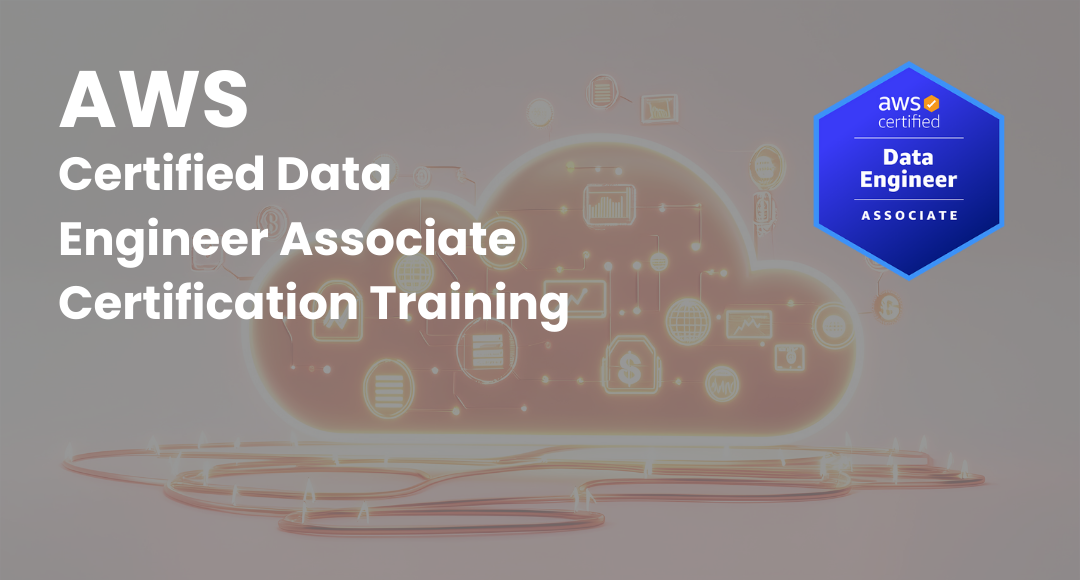What Is a Hybrid Cloud? - A Comprehensive Guide
-
 By Prajwal
By Prajwal
- Published on Jun 13 2023

Table of Contents
Introduction
The combination of public and private cloud is the foundation of hybrid cloud, a form of cloud computing.
This article aims to explore hybrid cloud by defining the concept, discussing its importance, outlining its benefits, and considering its potential drawbacks.
It is important for professionals in the corporate and technology sectors to familiarize themselves with the hybrid cloud to make informed decisions about their IT infrastructure. Let's dig deeper into the world of hybrid cloud and its potential.
Definition
A hybrid cloud combines the usage of both private and public clouds, enabling businesses to take use of each one's benefits.
On-premises infrastructure and remote cloud resources must be integrated and coordinated.
A mix of technologies that enable data and application portability, smooth communication, and unified management throughout the hybrid environment assist this integration.
Importance
The hybrid cloud architecture has become a strategic option for companies dealing with certain problems.
By balancing the scale and flexibility of public clouds with the security and control given by private clouds, it provides a good compromise.
A hybrid cloud allows organizations to utilize their on-premises infrastructure and seamlessly enhance their capabilities by tapping into the cloud.
Benefits
The current era necessitates secure, scalable and budget-friendly solutions for organizations. The hybrid cloud is a smart deployment strategy which mixes private and public cloud infrastructures. It has the potential to revolutionize business operations and offer multiple benefits for its adopters. Here, we examine the exciting advantages of the hybrid cloud.

1.Scalability
Hybrid clouds provide the ability to scale computing resources up or down based on demand. Organizations can leverage the public cloud during peak periods to handle increased workloads while using the private cloud for regular operations. This ensures efficient resource utilization and cost savings.
2.Flexibility
The hybrid cloud allows organizations to choose where to deploy their applications and data based on specific requirements.
It provides the flexibility to keep sensitive or critical data on-premises while leveraging the public cloud for less sensitive workloads. This ensures compliance with data regulations and industry standards.
3.Cost Optimization
Through the use of a mixed cloud, companies can improve the efficiency of their budgeting for technology. This is done by utilizing public cloud resources for data that is not sensitive, while also maintaining an on-site infrastructure for critical business data. As a result, the need for large hardware investments is eliminated and expenses are reduced.
4.Disaster Recovery
Hybrid clouds enable robust disaster recovery solutions. Organizations can replicate critical data and applications to the public cloud, ensuring business continuity in the event of a disaster.
The cloud's geographical redundancy and backup capabilities provide enhanced resilience and minimize downtime.
Disadvantages
Although the hybrid cloud model offers organizations looking for a balance between private and public cloud environments an attractive option, it's critical to realize that it is not without its difficulties.
Like any technological deployment, there might be problems and things to think about. We will examine the drawbacks of a hybrid cloud implementation in this section.
Before starting a hybrid cloud journey, it's important to have a comprehensive awareness of the possible negatives, from the difficulty of managing numerous cloud environments to the security and compliance issues that occur.
Businesses may assure a smooth and seamless hybrid cloud integration by being aware of these obstacles and proactively addressing them. So let's explore the potential drawbacks of a hybrid cloud and learn important insights into potential roadblocks.

1.Complexity
Managing a hybrid cloud environment requires expertise in both private and public cloud technologies and careful coordination between different cloud providers.
This complexity can increase the risk of configuration errors or compatibility issues.
2.Security and Compliance
Hybrid clouds introduce additional security considerations. Data transfers between private and public clouds need to be secure, and access controls must be carefully managed. Meeting regulatory compliance requirements across multiple cloud environments can also be a complex task.
3.Cost Management
While hybrid clouds offer cost optimization opportunities, they also require careful cost management. Organizations need to monitor and optimize resource usage across the hybrid environment to avoid unexpected expenses. Additionally, there may be costs associated with data transfers between private and public clouds.
Comparison with Other Cloud Deployment Models
To better understand the benefits and considerations of a hybrid cloud, let's compare it with other cloud deployment models:
1.Public Cloud
Scalable and on-demand resources are available via public clouds, such as Amazon Web Services (AWS) or Microsoft Azure.
They provide affordable solutions and do away with the need for infrastructure administration, but they could not adhere to all security and regulatory standards. While utilizing the scale of the public cloud, a hybrid cloud enables organizations to preserve control over sensitive data and vital applications.
2.Private Cloud
Private clouds are specialized settings that are owned and operated by a company. Although they offer more protection and control, they could not have the scalability and cost-effectiveness of public clouds. With hybrid clouds, organizations may store sensitive data on-premises while using the public cloud for extra resources as needed. This combines the finest features of both worlds.
3.Multi-Cloud
It provides organizations with the flexibility to choose the best services from different vendors. However, managing multiple clouds can be complex, and data and application portability may become challenging. Hybrid clouds can incorporate multiple public clouds along with private infrastructure, offering a unified and integrated environment.
4.On-Premises Infrastructure
Traditional on-premises infrastructure requires significant upfront investments and ongoing maintenance costs. While it provides complete control over data and applications, scaling resources can be time-consuming and costly. Hybrid clouds allow organizations to extend their on-premises infrastructure to the cloud, achieving greater scalability and flexibility without abandoning their existing investments.
Conclusion
After learning about the hybrid cloud and its features, along with its merits and demerits. You are ready to think over the type of hybrid cloud that is suitable for your organization. Take a look at the list of hybrid cloud providers and research about the services they offer.
This article helped you educate yourself and your organization about the hybrid cloud deployment model and its essentials.
Here is an advanced cloud computing course that we picked for you.
AWS Certified DevOps Engineer Certification Training
To learn more about our courses and services that we offer visit Sprintzeal.
Popular Programs
AWS Certified DevOps Engineer Certification Training
Live Virtual Training
- 4.7 (400 + Ratings)
- 39k + Learners
Microsoft Azure Administrator Associate AZ-104
Live Virtual Training
- 4.3 (560 + Ratings)
- 51k + Learners
Microsoft Azure Infrastructure Solutions (AZ-305)
Live Virtual Training
- 4.1 (560 + Ratings)
- 56k + Learners
Trending Posts
A Step-by-Step Guide to Git
Last updated on Nov 29 2022
Career in Cloud Computing or Cyber Security
Last updated on Feb 11 2025
Trends Shaping the Future of Cloud Computing
Last updated on Jun 4 2024
CI CD Tools List - Best of 2026
Last updated on Feb 1 2024
Continuous Deployment Explained
Last updated on Jul 14 2023
Types of Cloud Computing Explained
Last updated on Apr 7 2023
Categories
- Other 83
- Agile Management 49
- Cloud Computing 58
- Project Management 175
- Data Science 71
- Business Management 89
- Digital Marketing 88
- IT Service Management 36
- Programming Language 61
- AI and Machine Learning 94
- IT Security 113
- Quality Management 78
- IT Hardware and Networking 28
- Microsoft Program 5
- Workplace Skill Building 15
- Risk Management 10
- Information Security 8
- Leadership and Management 10
- Corporate Training and Development 1
Trending Now
Azure Vs Aws - Which Technology Is Better
ebookThe Impact of Internet of things on Marketing
ebookAWS Lambda - An Essential Guide for Beginners
ebookCareer in Cloud Computing or Cyber Security
ebookImpact of AWS Certification On Cloud Computing Jobs
ebookAmazon Certifications: List of Top AWS certifications in 2026
ebookAWS Interview Questions and Answers 2026
ebookAmazon Software Development Manager Interview Questions and Answers 2026
ebookAWS Architect Interview Questions - Best of 2026
ebookHow to Become a Cloud Architect - Career, Demand and Certifications
ebookWhat is Cloud Computing? - Fundamentals of Cloud Computing
ebookAWS Solutions Architect Salary in 2026
ebookAmazon EC2 - Introduction, Types, Cost and Features
ebookAWS Opsworks - An Overview
ebookAzure Pipeline Creation and Maintenance
ebookCI CD Tools List - Best of 2026
ebookTrends Shaping the Future of Cloud Computing
ebookContinuous Deployment Explained
ebookDevOps Career Path – A Comprehensive Guide for 2026
ebookTop Kubernetes Tools in 2026
ArticleBenefits of Cloud Computing in 2026
ebookJenkins Interview Questions and Answers (UPDATED 2026)
ArticleA Step-by-Step Guide to Git
ArticleScalability in Cloud Computing Explained
ebookIoT Security Challenges and Best Practices-An Overview
ebookHow to Learn Cloud Computing in 2026 - A Brief Guide
ArticleCloud Engineer Roles and Responsibilities: A complete Guide
ebookTypes of Cloud Computing Explained
ArticleCloud Engineer Salary - For Freshers and Experienced in 2026
ArticleEssential Cybersecurity Concepts for beginners
ebookWhat is a Cloud Service - A Beginner's Guide
ebookTop 3 Cloud Computing Service Models: SaaS | PaaS | IaaS
ArticleWhat is Private Cloud? - Definition, Types, Examples, and Best Practices
ebookWhat Is Public Cloud? Everything You Need to Know About it
ArticleTop 15 Private Cloud Providers Dominating 2026
ebookCloud Computing and Fog Computing - Key Differences and Advantages
ebookAzure Architecture - Detailed Explanation
ArticleMost Popular Applications of Cloud Computing – Some Will Shock You
ArticleTips and Best Practices for Data Breaches in Cloud Computing
ArticleWhat Is Edge Computing? Types, Applications, and the Future
ArticleMust-Have AWS Certifications for Developers in 2026
ArticleSalesforce Customer Relationship Management and its Solutions
ArticleCutting-Edge Technology of Google Cloud
ArticleSpotify Cloud: Powering Music Streaming Worldwide
ArticlePublic Cloud Security Checklist for Enterprises
Article12 Best Managed WordPress Hosting Services in 2026
ArticleLatest Azure Interview Questions for 2026
ArticleTop Coding Interview Questions in 2026
ArticleLatest Cloud Computing Interview Questions 2026
ArticleSafe file sharing for teams: simple rules that work
ArticleMy learning path to become an AWS Solutions Architect
ArticleClient Server Model—Everything You Should Know About
ArticleWhat Is Microsoft Azure? A Complete Cloud Computing Guide for 2026
ArticleDocker Tutorial for Beginners: Containers, Images & Compose
ArticleGit Merge vs Rebase: Differences, Pros, Cons, and When to Use Each
ArticleThe Invisible Infrastructure Powering Tomorrow’s Apps
ArticleDevOps vs DevSecOps: Benefits, Challenges, and Comparison
Article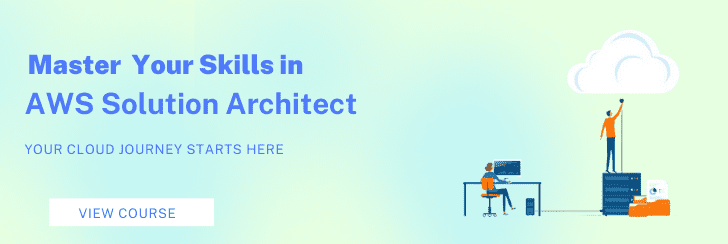

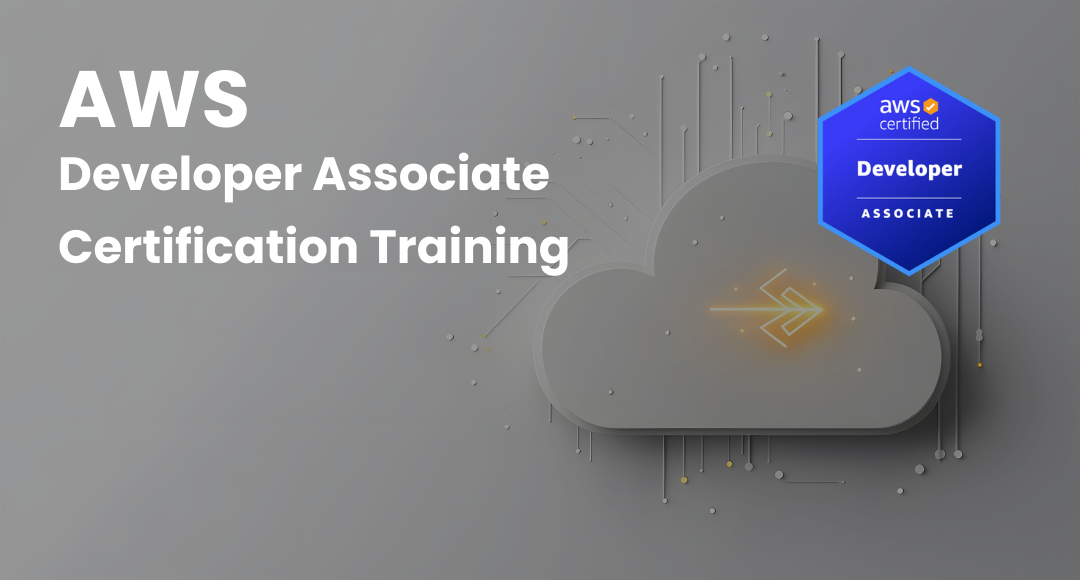
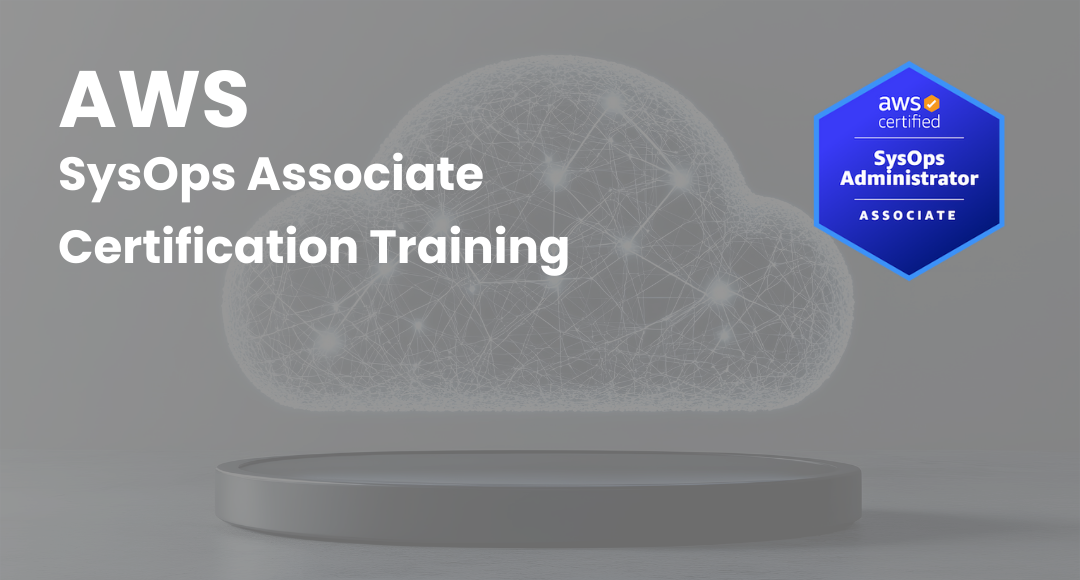
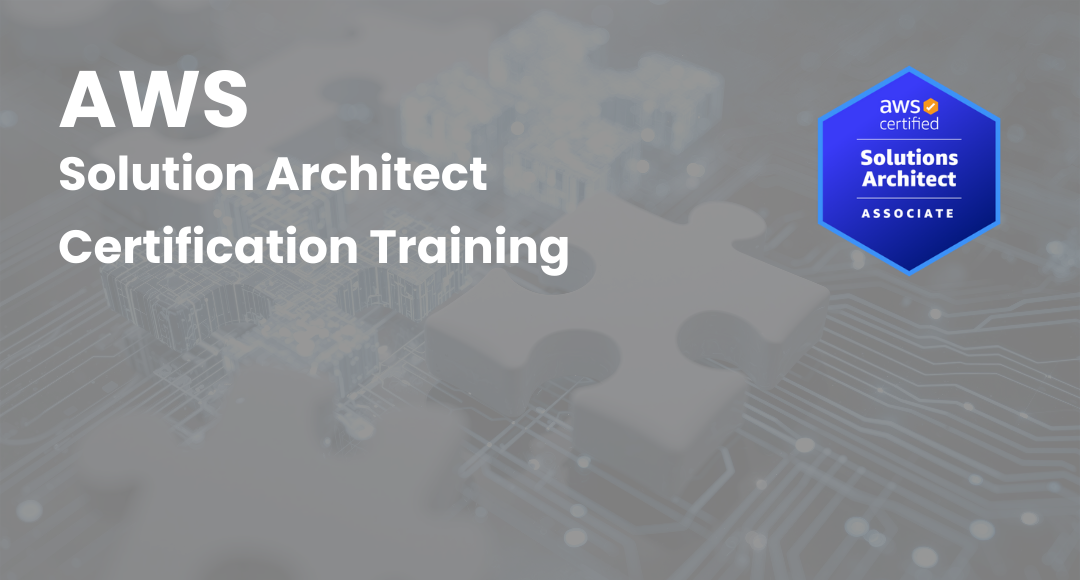
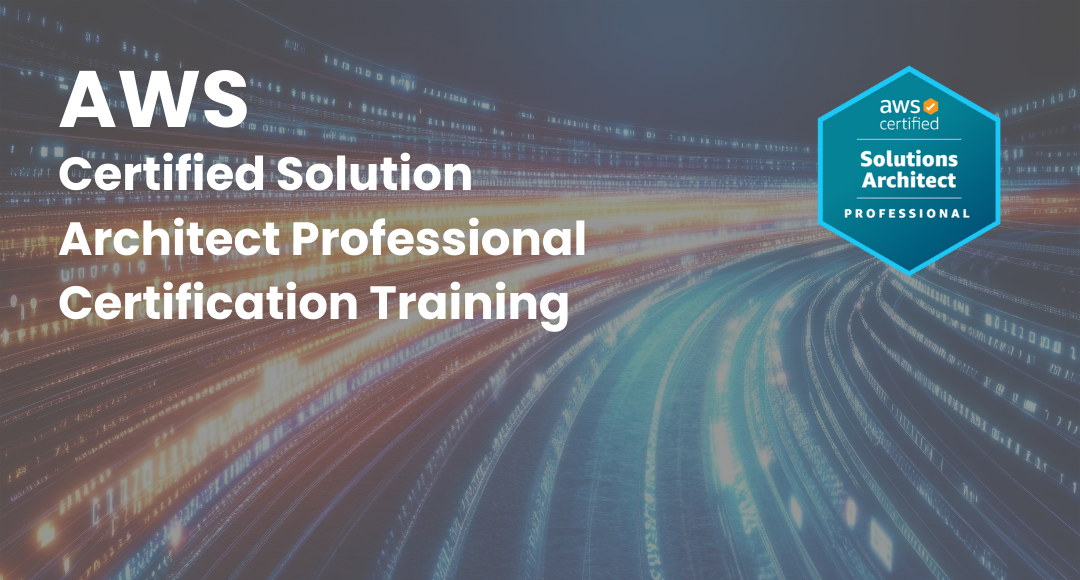
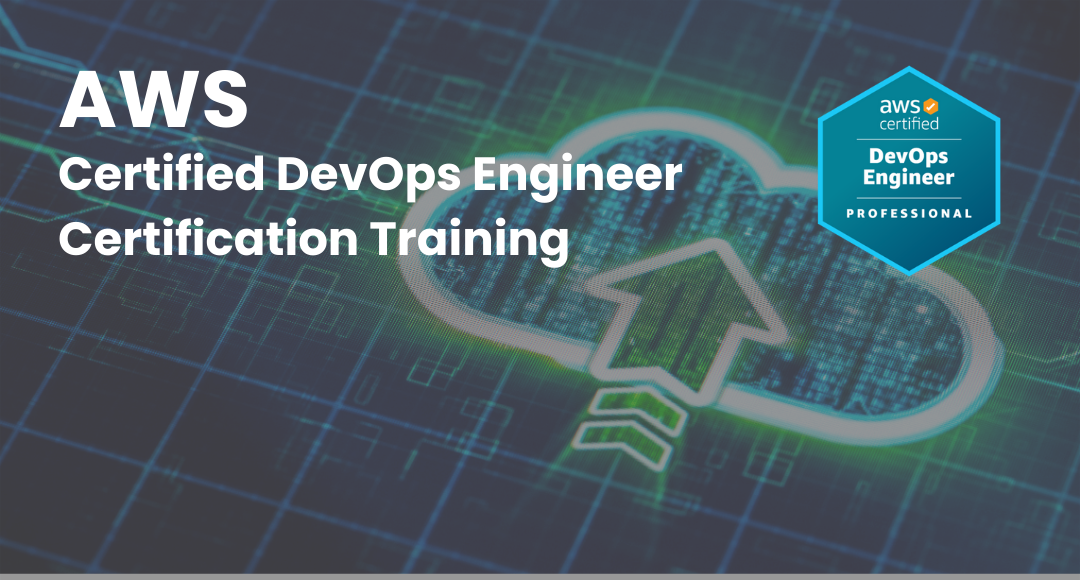
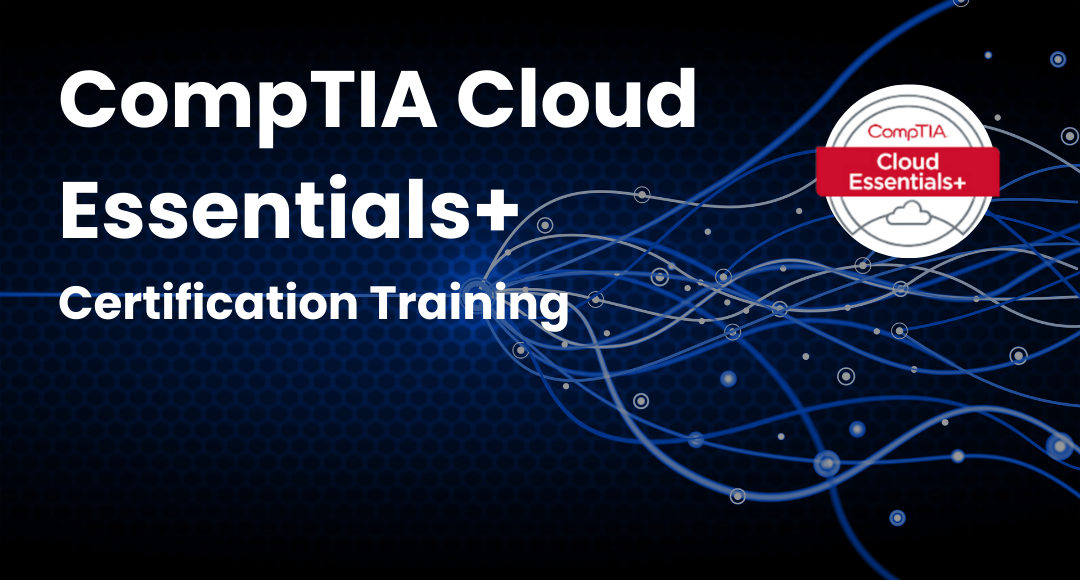
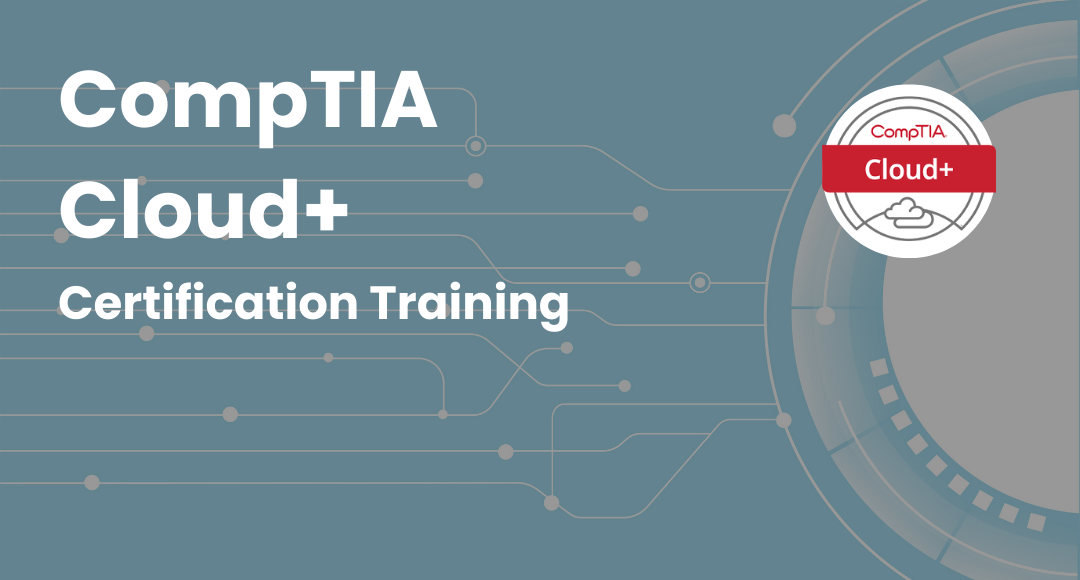
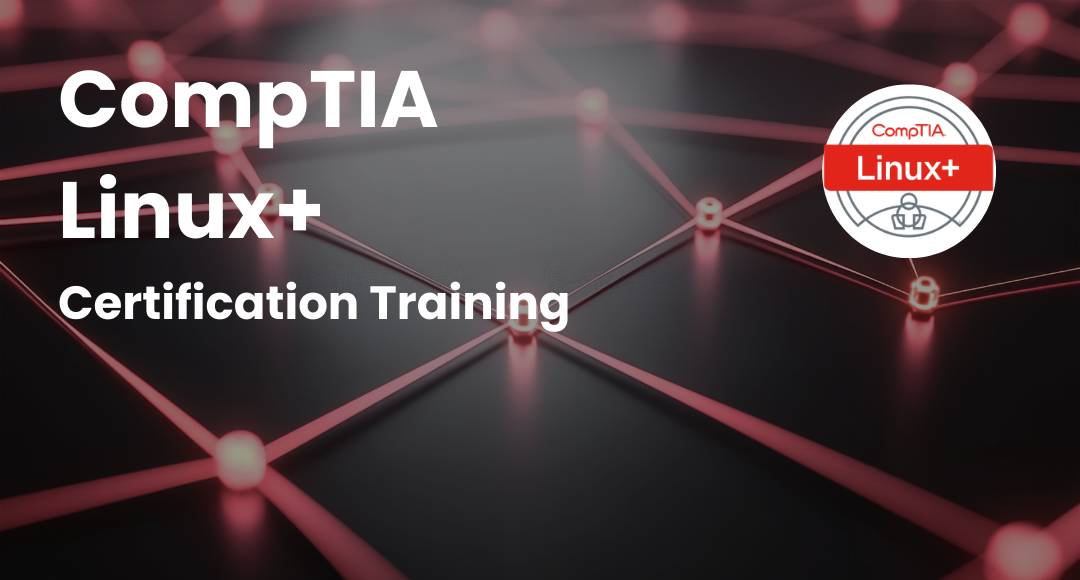
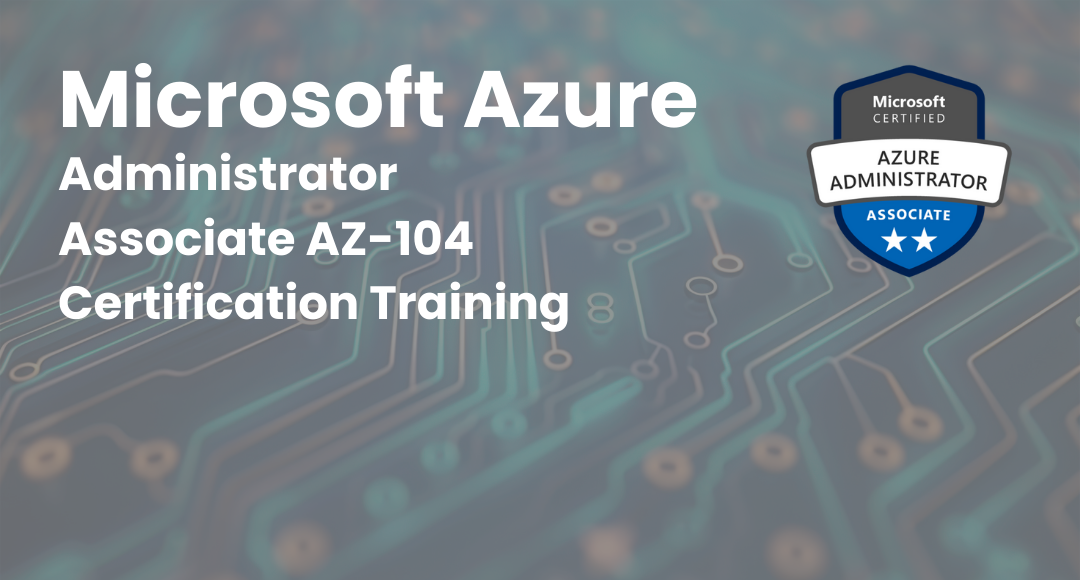
.png)
